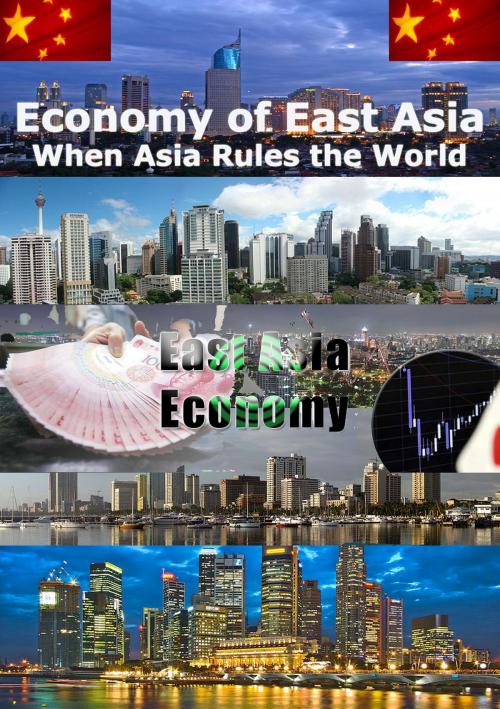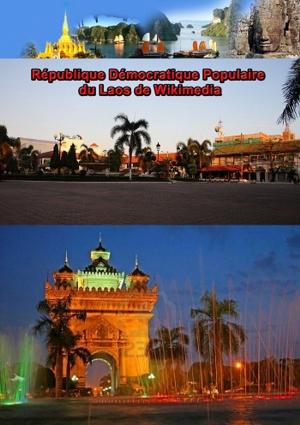Economy of East Asia When Asia rules the World
The Changing Nature of Power in Asia
Business & Finance, Economics, International Economics, Theory of Economics| Author: | Heinz Duthel | ISBN: | 1230000187549 |
| Publisher: | Heinz Duthel | Publication: | September 29, 2013 |
| Imprint: | Language: | English |
| Author: | Heinz Duthel |
| ISBN: | 1230000187549 |
| Publisher: | Heinz Duthel |
| Publication: | September 29, 2013 |
| Imprint: | |
| Language: | English |
When Asia rules the World
The Changing Nature of Power in Asia
The economy of East Asia is one of the most successful regional economies of the world It is home of some of the world's largest and most. The economy of Asia comprises more than 4.2 billion people (60% of the world population ) living in 46 different states . partly in Asia , ...
Present growth in East Asia has now shifted to China and the Tiger Cub Economies of the Southeast Asian countries of Thailand, Indonesia, Malaysia, and the Philippines. As of early 2013, Japan, Hong Kong, and Singapore are the only East Asian nations that are considered developed markets by all economic indexes. Since the end of the 20th century, Japan's role as the principal economic power in the region has shifted to the Four Asian Tiger economies and more recently, China, which became world's second largest economy in 2010.[6] Furthermore, a 2012 report by The Economist noted that South Korea is expected to overtake Japan in terms of GDP per person at power purchasing parity by 2017, a feat already accomplished by Macau (2010), Taiwan (2010), Hong Kong (1997), and Singapore (1993)
- Economy of East Asia
- East Asia
- Meiji Restoration
- Four Asian Tigers
- Chinese economic reform
- British Hong Kong
- Tiger Cub Economies
- Economy of Hong Kong
- Economy of Singapore
- Economy of South Korea
- Economy of Taiwan
- The Protestant Ethic and the Spirit of Capitalism
- Economic miracle
- Asian Century
- Celtic Tiger
- Economy of China
- Economy of Macau
- Economy of Japan
- Economic integration
- Free trade area
- Currency union
- Asian Monetary Unit
- Monetary policy
- Bond markets in Asia
- Regional integration
- Japanese post-war economic miracle
- Taiwan Miracle
- Miracle on the Han River
- Heavy-Chemical Industry Drive
- 1997 Asian financial crisis
- East Asia Summit
- East Asian Community
- Pacific Economic Cooperation Council
- Association of Southeast Asian Nations
- ASEAN Free Trade Area
- Chiang Mai Initiative
- Asia-Pacific Economic Cooperation
- Asian Development Bank
- Economy of Asia
- Thailand
- Asia-Pacific Trade Agreement
- United Nations Economic and Social Commission for Asia and the Pacific
- Burma
- Laos
- Cambodia
- Vietnam
- Philippines
- Malaysia
- Brunei
- Singapore
- Indonesia
- China
- Japan
- South Korea
- India
- Asia Network Forum
- Taiwan
- Balance of trade
- Foreign-exchange reserves
When Asia rules the World
The Changing Nature of Power in Asia
The economy of East Asia is one of the most successful regional economies of the world It is home of some of the world's largest and most. The economy of Asia comprises more than 4.2 billion people (60% of the world population ) living in 46 different states . partly in Asia , ...
Present growth in East Asia has now shifted to China and the Tiger Cub Economies of the Southeast Asian countries of Thailand, Indonesia, Malaysia, and the Philippines. As of early 2013, Japan, Hong Kong, and Singapore are the only East Asian nations that are considered developed markets by all economic indexes. Since the end of the 20th century, Japan's role as the principal economic power in the region has shifted to the Four Asian Tiger economies and more recently, China, which became world's second largest economy in 2010.[6] Furthermore, a 2012 report by The Economist noted that South Korea is expected to overtake Japan in terms of GDP per person at power purchasing parity by 2017, a feat already accomplished by Macau (2010), Taiwan (2010), Hong Kong (1997), and Singapore (1993)
- Economy of East Asia
- East Asia
- Meiji Restoration
- Four Asian Tigers
- Chinese economic reform
- British Hong Kong
- Tiger Cub Economies
- Economy of Hong Kong
- Economy of Singapore
- Economy of South Korea
- Economy of Taiwan
- The Protestant Ethic and the Spirit of Capitalism
- Economic miracle
- Asian Century
- Celtic Tiger
- Economy of China
- Economy of Macau
- Economy of Japan
- Economic integration
- Free trade area
- Currency union
- Asian Monetary Unit
- Monetary policy
- Bond markets in Asia
- Regional integration
- Japanese post-war economic miracle
- Taiwan Miracle
- Miracle on the Han River
- Heavy-Chemical Industry Drive
- 1997 Asian financial crisis
- East Asia Summit
- East Asian Community
- Pacific Economic Cooperation Council
- Association of Southeast Asian Nations
- ASEAN Free Trade Area
- Chiang Mai Initiative
- Asia-Pacific Economic Cooperation
- Asian Development Bank
- Economy of Asia
- Thailand
- Asia-Pacific Trade Agreement
- United Nations Economic and Social Commission for Asia and the Pacific
- Burma
- Laos
- Cambodia
- Vietnam
- Philippines
- Malaysia
- Brunei
- Singapore
- Indonesia
- China
- Japan
- South Korea
- India
- Asia Network Forum
- Taiwan
- Balance of trade
- Foreign-exchange reserves















